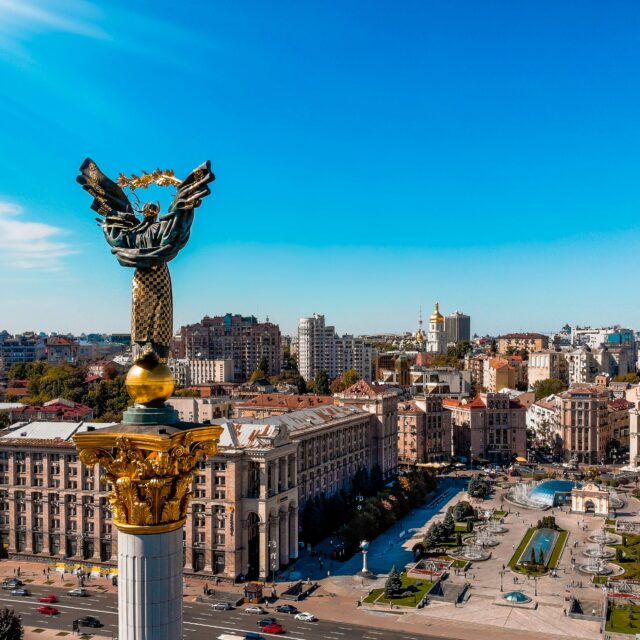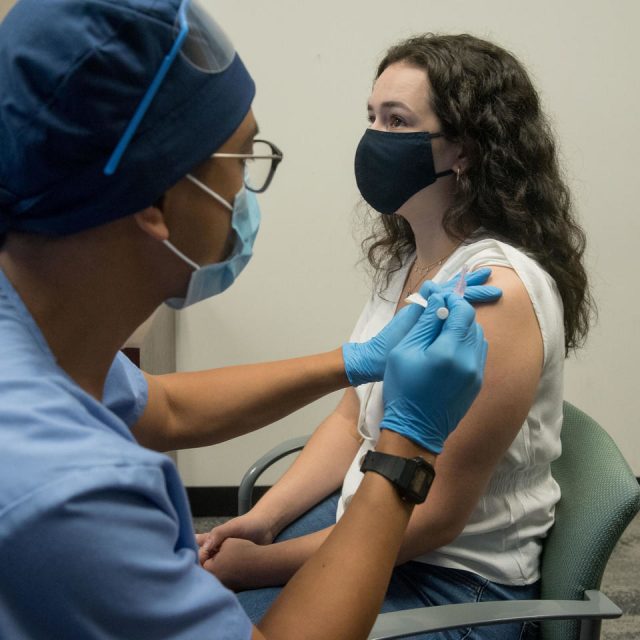Photo by Kadri Karmo on Unsplash
The EU Commission has announced it will provide additional EU funding for EU farmers.
It will go to those who are “impacted by adverse climatic events, high input costs, and diverse market and trade related issues.”
The new support package, unveiled on Monday, will consist of €330 million for 22 Member States.
In addition, Member States today approved the €100 million support package for farmers in Bulgaria, Hungary, Poland, Romania and Slovakia presented last month.
Several other measures, including a possibility of higher advance payments should support farmers affected by adverse climatic events.
EU farmers from Belgium, Czechia, Denmark, Germany, Estonia, Ireland, Greece, Spain, France, Croatia, Italy, Cyprus, Latvia, Lithuania, Luxembourg, Malta, Netherlands, Austria, Portugal, Slovenia, Finland, and Sweden will benefit from this exceptional support of €330 million from the CAP budget.
The countries may complement this EU support up to 200% with national funds. Member States had shared with the Commission assessments of the difficulties faced by their respective agricultural sectors.
An EC spokesman said, “The national authorities will distribute the aid directly to farmers to compensate them for the economic losses due to the market disturbances, the consequences of high input prices and rapidly falling agricultural product prices and, where relevant, for the damage caused by the recent climate events, particularly acute in the Iberian peninsula and Italy.”
The €100 million support package for farmers in Bulgaria, Hungary, Poland, Romania and Slovakia approved today by Member States will allocate €9.77 million to Bulgaria, €15.93 to Hungary, €39.33 million to Poland, €29.73 to Romania and €5.24 to Slovakia.
Farmers from these five Member States are facing issues related to logistical bottlenecks following large imports of certain agri-food products from Ukraine.
Exceptional and temporary preventive measures on imports of a limited number of products from Ukraine entered into force on 2 May.
A Joint Coordination Platform is also working on improving the flow of trade between the European Union and Ukraine via the Solidarity Lanes.




